
New Zealand is a fisherman’s paradise boasting rivers and lakes that supply an array of fresh fish unsurpassed anywhere else in the world. Likewise for the surf-caster, popular beaches abound. Fishing spots are easily accessible and all areas not marked private property are open to fisherman. Catches of rainbow, brown and brook trout, marlin, hapuka, salmon, snapper, tuna, terakihi, kingfish, shark, kahawai, among other varieties, are in plentiful supply throughout the country.
Trout fishing is an extremely popular sport in New Zealand, however as the country has no commercial trout hatcheries, the tasty fish does not appear on restaurant menus. Occasionally a food establishment will cook your own catch.
British immigrants first introduced trout fishing into New Zealand in 1867, when brown trout eggs (obtained from fish transported from Britain to Tasmania), were sent to New Zealand. Rainbow trout eggs were imported from the Russian River Hatchery in California and arrived in Auckland in 1883. The eggs were rushed to Lake Taupo (in the North Island), where abundant food sources allowed the fish to grow to sporting size within three years. Today New Zealand trout is recognised as a top sport fish and a delicious meal frequently served on our dinner tables.
New Zealand’s fishing seasons vary between the two major islands. In most North Island destinations the season commences in October and finishes at the end of June, whereas the South Island’s season runs from October until the end of April. The Southern lakes remain open until the end of May, while Lake Taupo and the lower reaches of streams entering its east side can be fished year round.
Fishing licences can be obtained from any sports shops located in one of the countries 22 fishing districts, excluding Rotorua and Taupo. Separate licences for these two areas can be procured from a hotel or sports shop. New Zealand fishing licences may be purchased on a daily, weekly, monthly or seasonal basis, according to individual needs.
Guided fishing tours are available in New Zealand with most companies providing gear such as waders, rods, reels, lines, tackles and waterproof clothing. If venturing on a private expedition, either bring your own gear or rent it from one of the many fishing shops located throughout the country. A medium-weight, two-piece rod (2.5 to 3.0 metres) is recommended. The import of flies made from chicken feathers is illegal in New Zealand, due to the possible introduction of poultry disease. (also see Freshwater Fisheries)

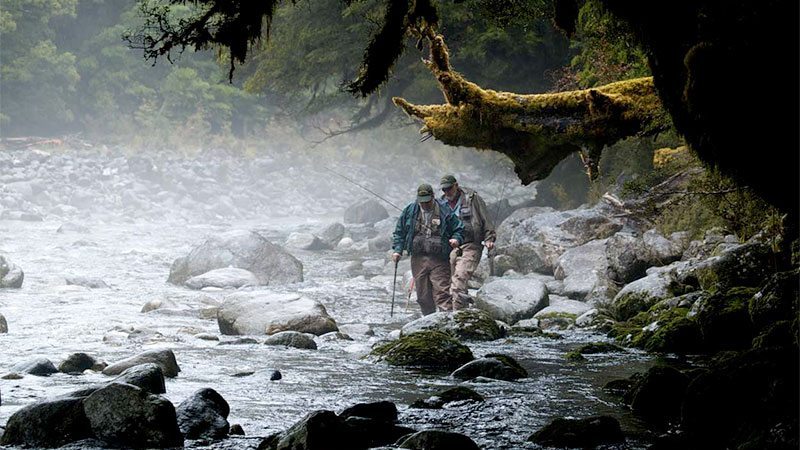
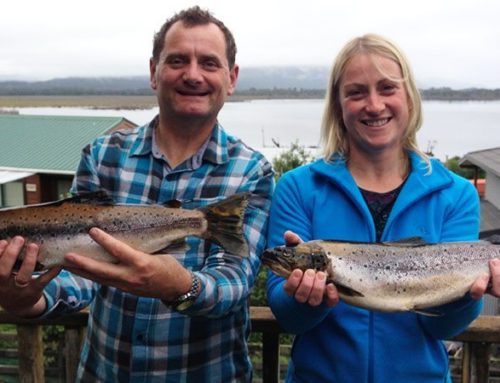
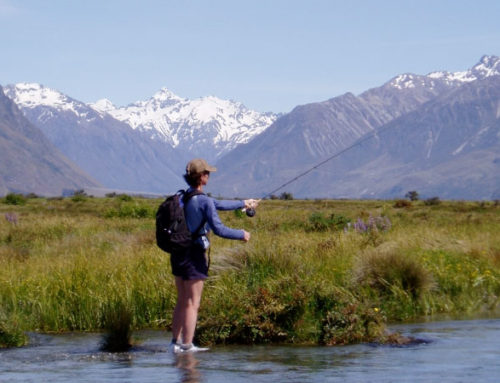
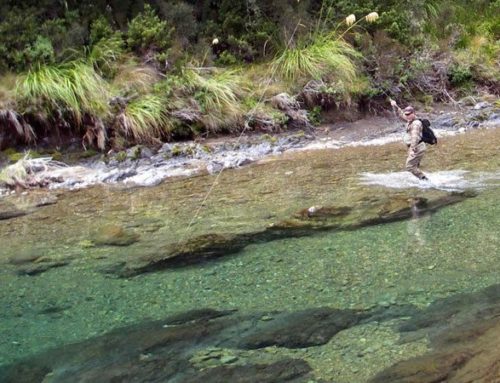
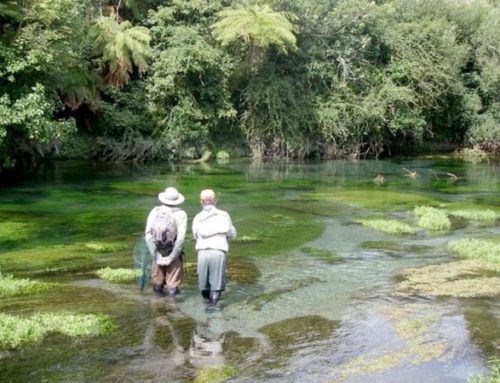
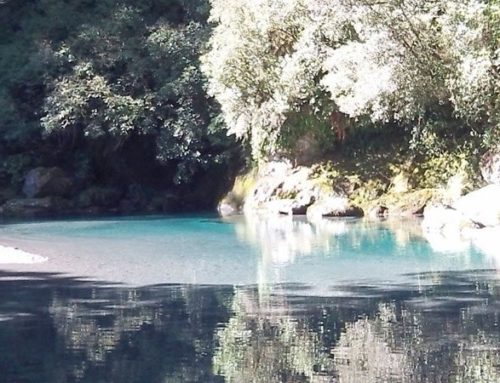
Leave A Comment